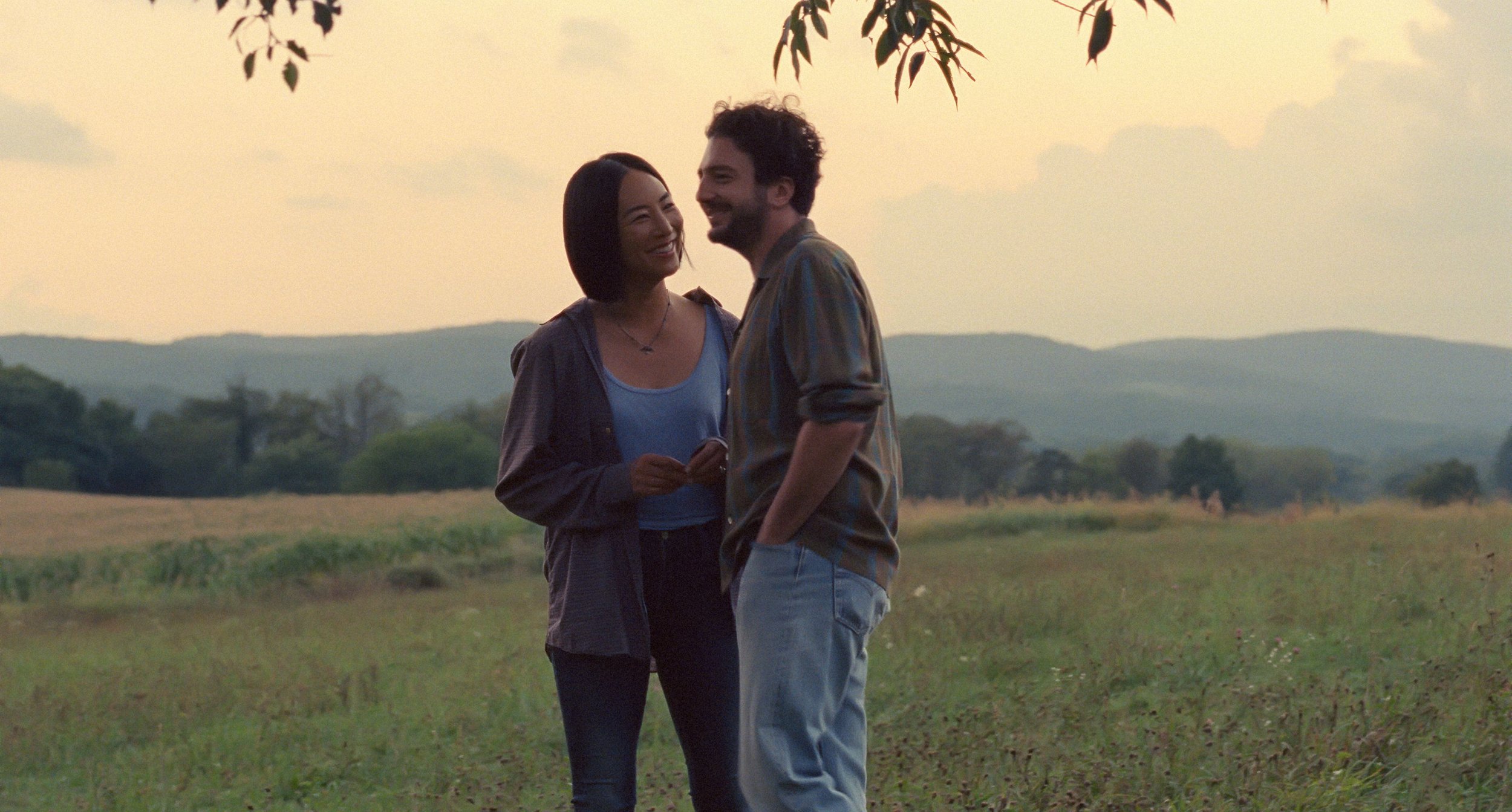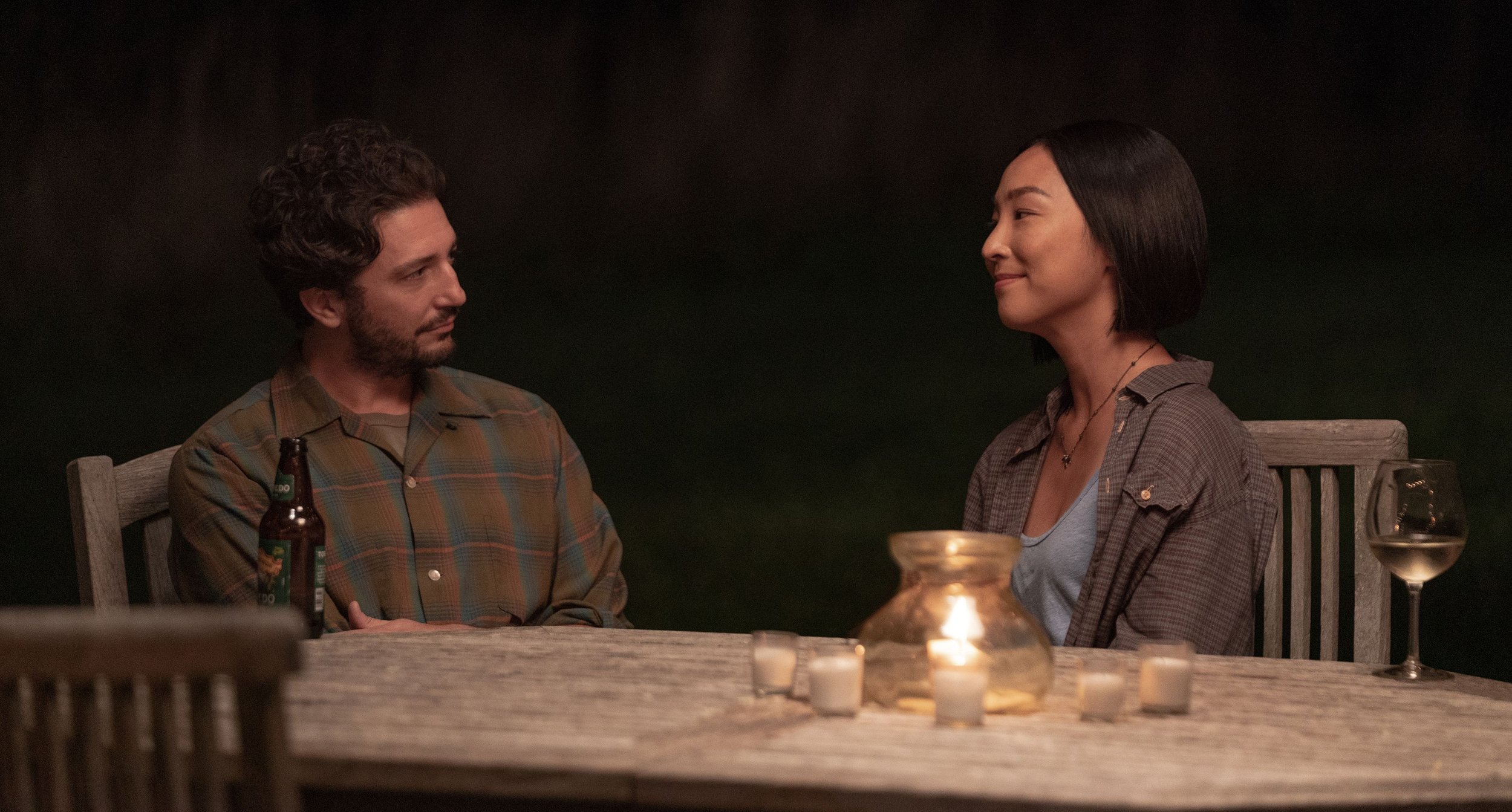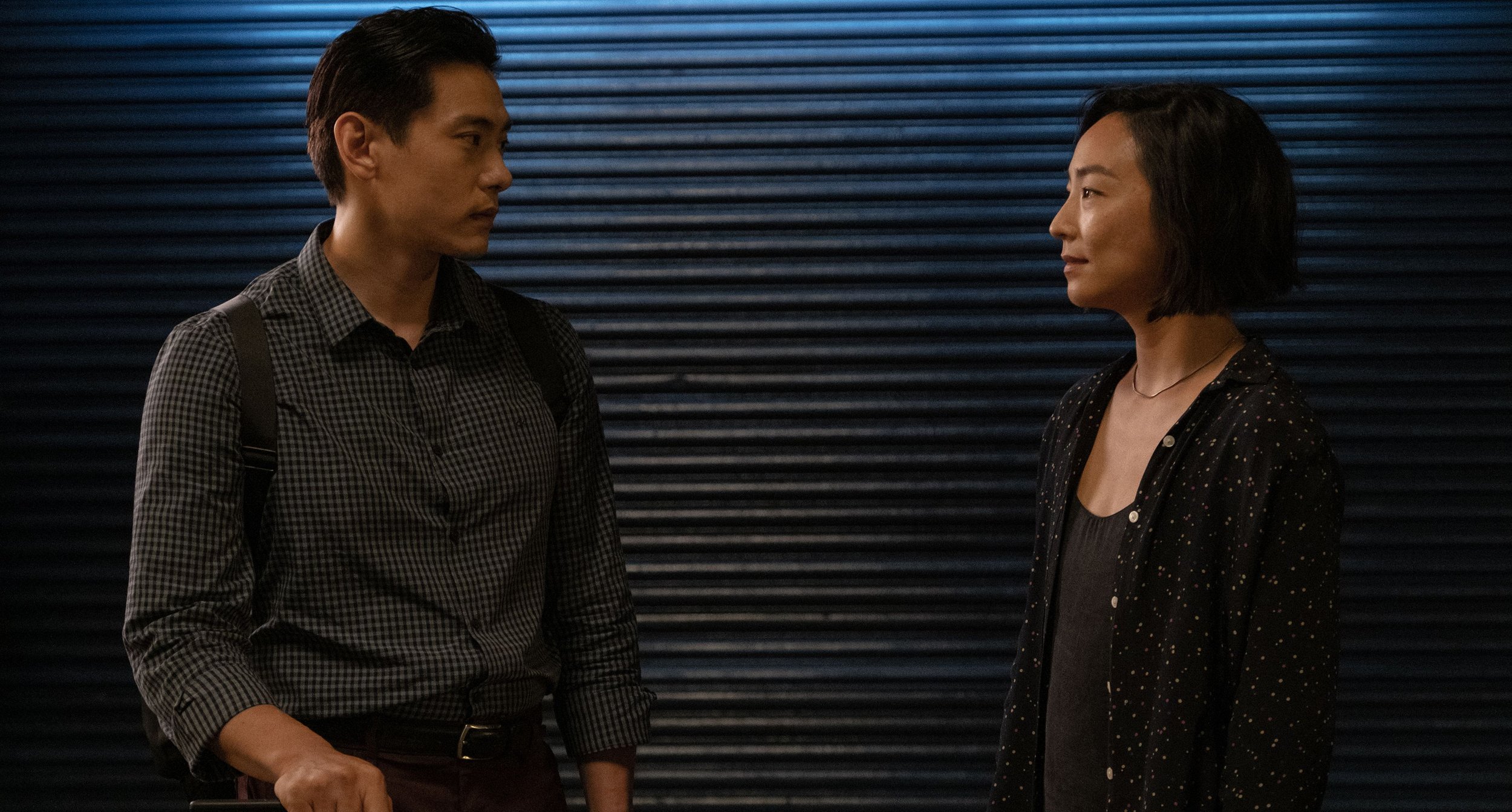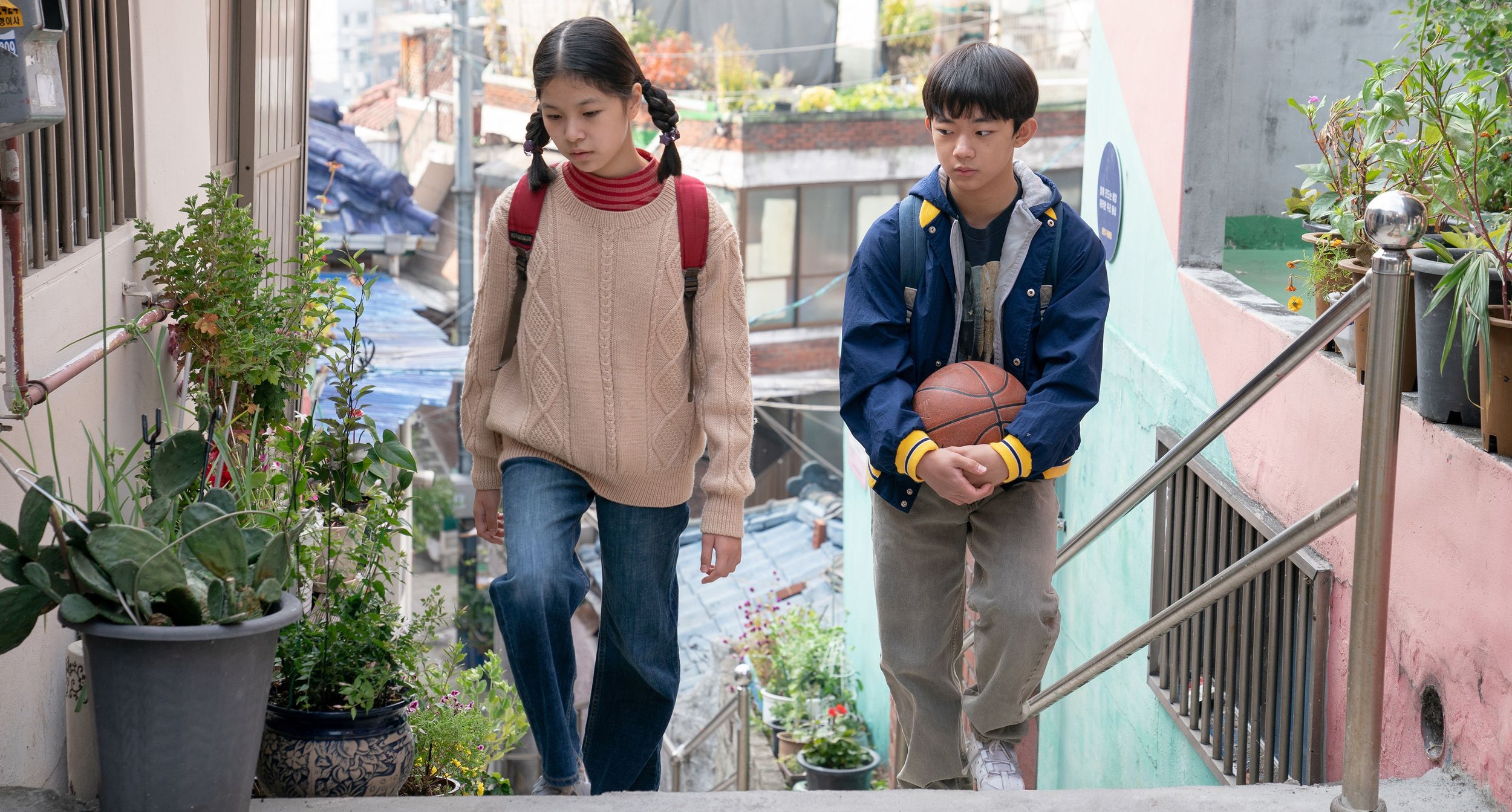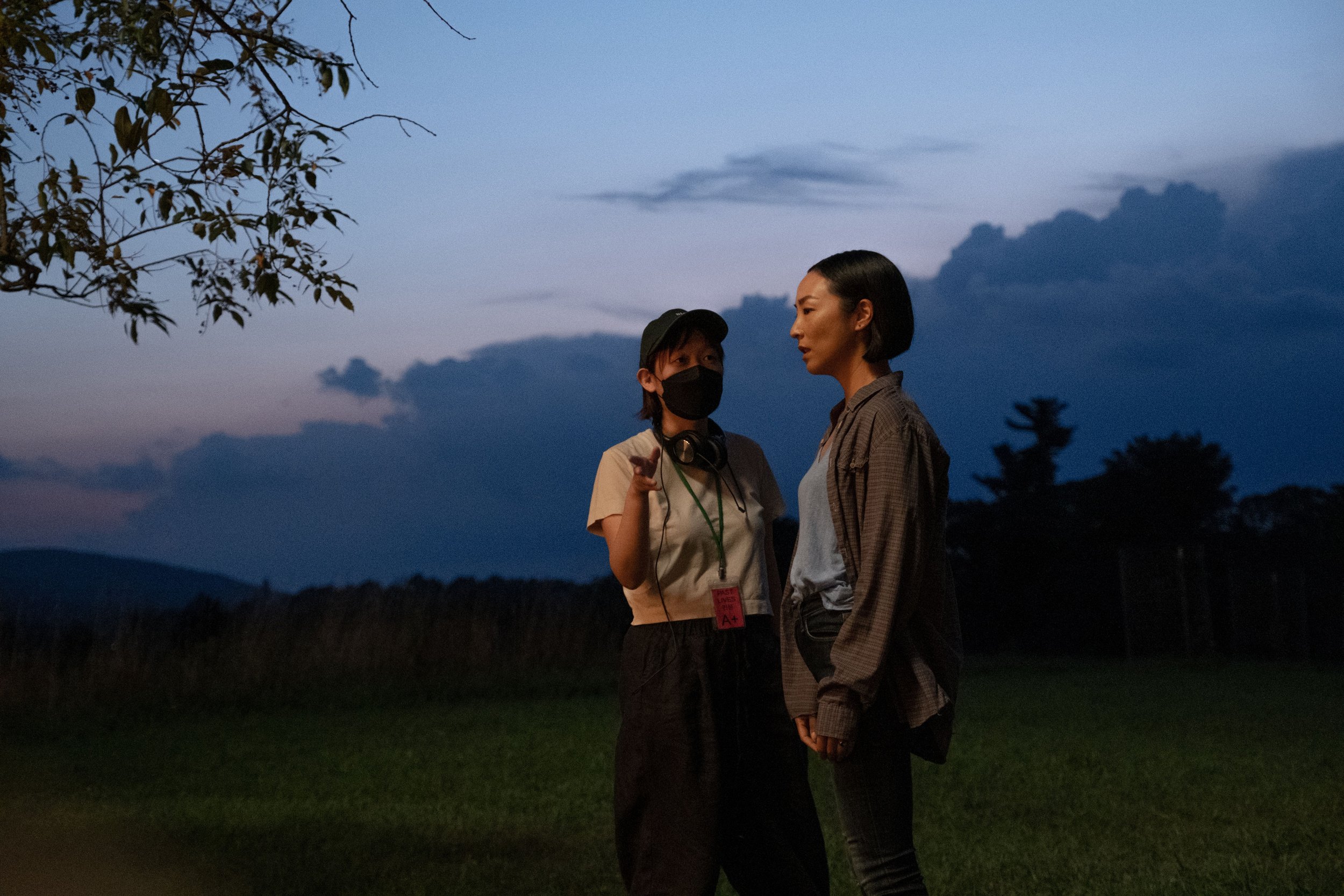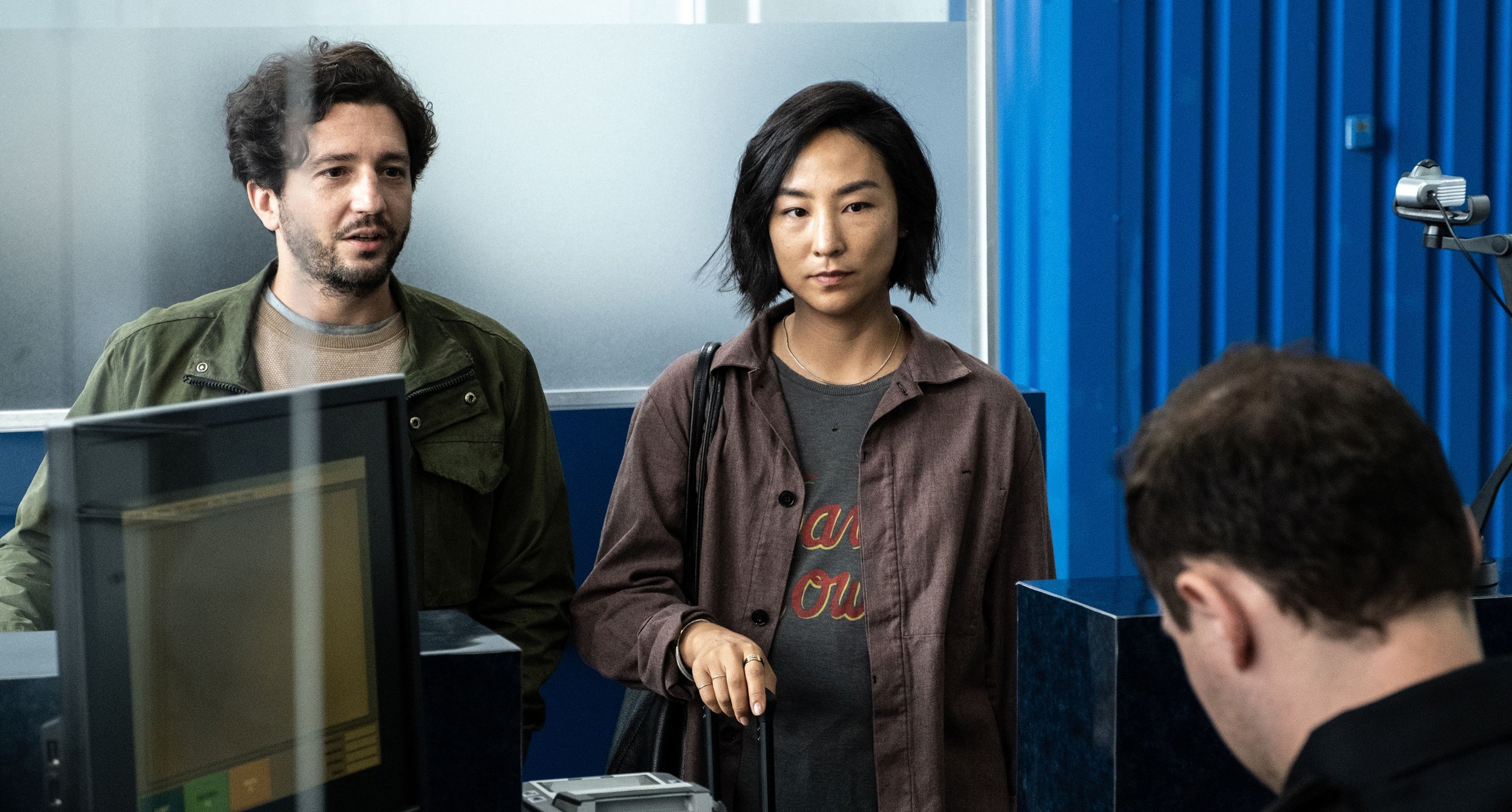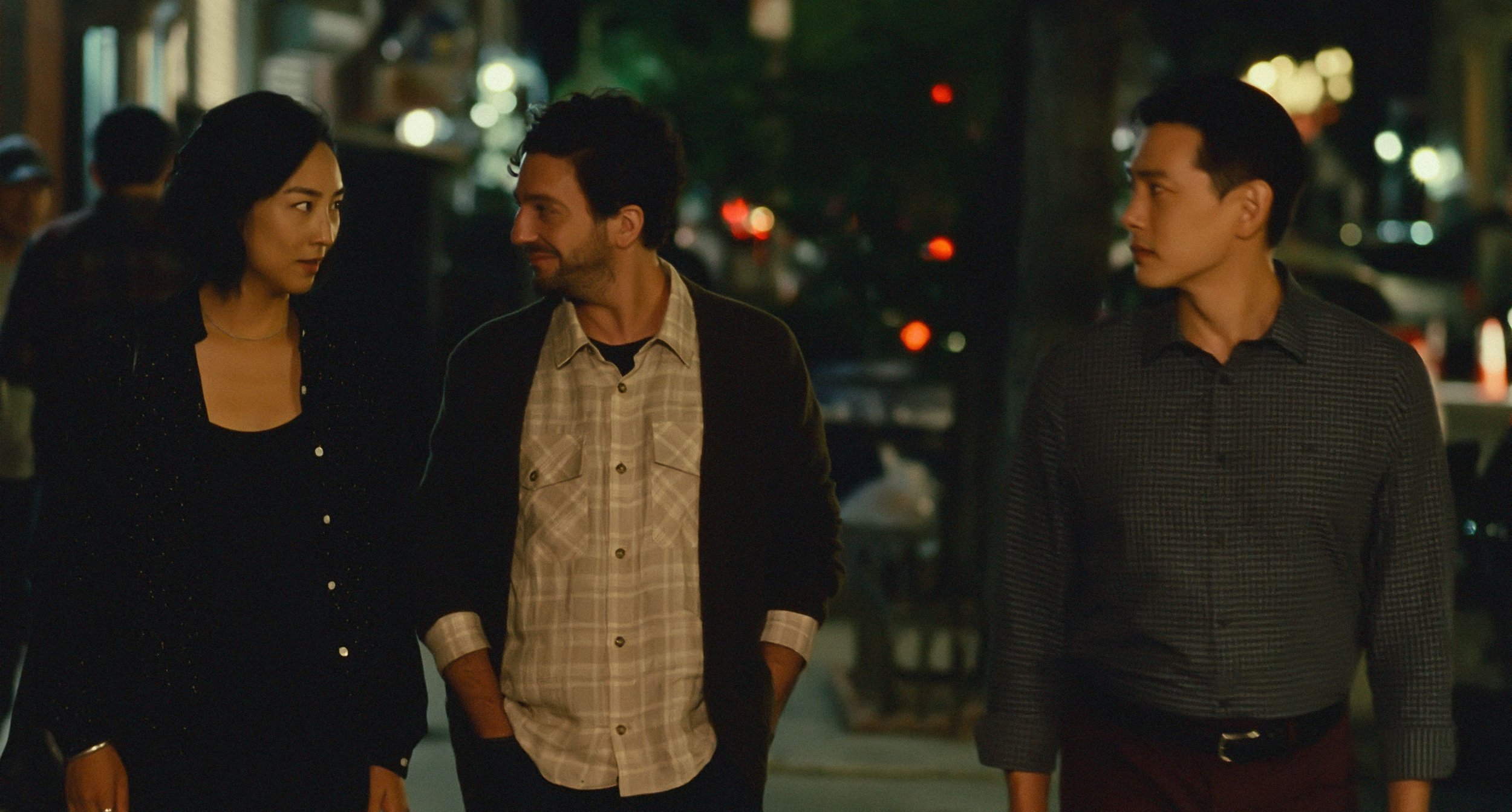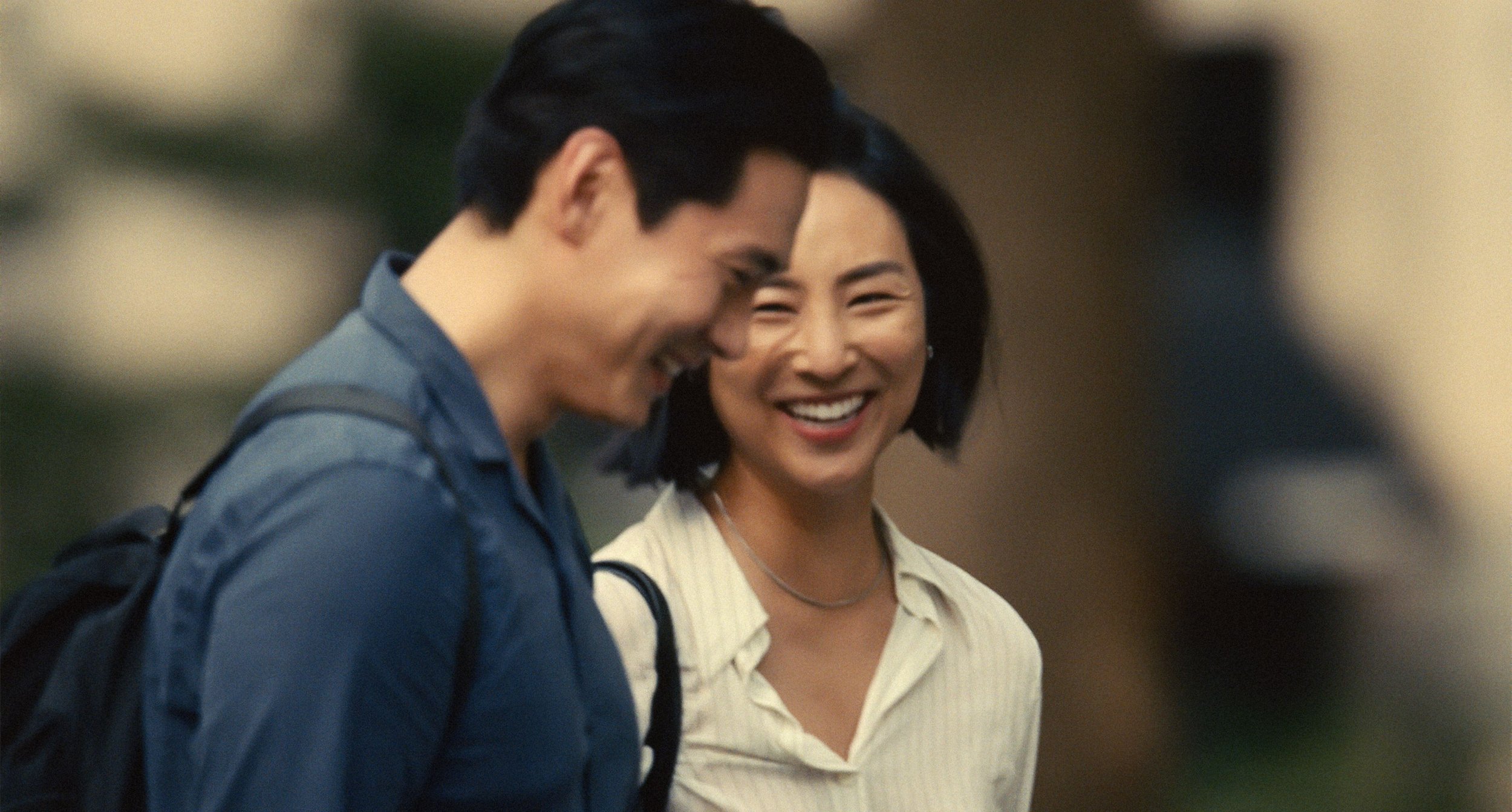MOVIE REVIEW: Past Lives
PAST LIVES– 4 STARS
So often, folks talk about the courage it takes to tell someone you romantically care about “I love you” for the first time. It’s a moment people rehearse and build up to get right. The stress and nerves are high. There’s no going back on the act, and you hope the feeling is mutual. Once the big little sentence is said, indelible memories are created where you remember who said it, when they did, where you were, and other notable details.
The delicate and exquisite new A24 film Past Lives has a moment like that, only one of those three words is different and the verb tense has changed. The script changes “love” to “missed.” Pause for a second. Say it or read it to yourself.
“I missed you.”
LESSON #1: MISSING SOMEONE CAN BE EXCRUCIATING– What do you picture when you hear that line? When did you last say that to someone and with what kind of candor? How did the other person react? You wouldn’t think that sentence could carry the same fondness and difficulty as “I love you,” but it can and it does. In Past Lives, when one character expresses “I missed you” to another after waiting half of a lifetime to say it in-person, the far-reaching emotion is overwhelming.
To reach that point and more after it, Past Lives writer/director Celine Song unfolds a tapestry of wistful yearning based on parts of her own immigrant experience. Around the year 2000, Na Young and Hae Sung are a pair of inseparable Korean pre-teens who bring out the best in each other and share a supervised date with their mothers. Na and her family are emigrating to America, and the girl is fully aware that she may not see her friend ever again.
Fast-forward 12 years to the onset of social media connectivity. Now in their twenties, the two find each other on Facebook. Na (The Morning Show’s Greta Lee) has Americanized her name to Nora Moon, lives in Brooklyn, and is an emerging writer and playwright. Hae Sung (Teo Loo of Decision to Leave) is entering into an engineering college in Seoul after finishing his required tenure in the military. They are astonished to reconnect and the initial jitters of seeing each other over Skype are palpable.
LESSON #2: THE PROVERBIAL ONE THAT GOT AWAY– This is one area where Past Lives most certainly tugs a heartstring or two with its viewers. Call it whatever term you like– “childhood sweetheart,” “schoolyard crush,” “first ”love“ or “the one that got away.” Everyone quite likely has someone with such a label who falls under a woulda-coulda-shoulda unrealized dream. You might even be picturing that person right now, which means you need to check a mirror. Your face is contorting ever so slightly and blushing cheeks are coming on.
Over Nora and Hae’s frequent video calls, reunion prospects arise, but the two are hard-pressed to finish their career commitments. The timing and logistics are not right. For Nora entering a year-long artist’s residency, she has more of her life together, nixes the possibility, and ends the virtual relationship with Hae Sung. Another decade passes with total radio silence while Nora marries Arthur (First Cow’s John Magaro), a fellow writer from the residency retreat.
Hae becomes, more or less, an old memory and a story idea for one of her plays. One’s aimless twenties turn into a thirty-something’s boundaries of responsibilities. After two decades apart, fortune smiles when Hae Sung arranges a trip to New York City to seek out Nora and see the sights. Hearing from him again after so long, Nora agrees to show him around the city and introduce him to her husband.
Their hops around the Big Apple are set to a jazzy score from Swallowed’s Christopher Bear and Valedictorian’s Daniel Rossen and stunningly captured on location by Bull cinematographer Shabier Kirchner. The sauntering and conversations carry a Linklater-esque oxymoron of comfortable tension. It takes the film an hour before the idea of “disappointment” of any kind is said out loud and the big question of “why” in terms of all their lost years.
LESSON #3: WHAT WOULD YOU DO WITH THE CHANCE TO MEET AGAIN?-- Much like Lesson #2, Past Lives viewers are immediately thrust into another intriguing hypothetical situation of relatable relationship hurdles. What do Nora, a married woman, and Hae, still single, do with the chance to meet again for the first-time since childhood? Where are they at in their respective lives? What temptations fester? Would you take your shot or is there even a shot to take? What would you say, and why does it all circle back to the big gulp of saying “I missed you.”
Up to this point, Past Lives has been inhaling and exhaling on the build-up time and years of scope for this eventual and destined reunion. There is unequivocal merit to this melodramatic arc from Celine Song in her debut feature film. Different measures of hope put a spring in the step of Nora and Hae that is shared outwardly by the actors. Greta Lee and Teo Yoo display pendulums of heartfelt reminiscence and cautious anxiety that swing between the appearances of effortless ease and impossible emulation from the performers, depending on the emotions of the given scenes. You can’t take your eyes off of them no more than they can take their amazed eyes off of each other in-character.
Not to be undone, John Magaro plays an extremely important part in Past Lives. He represents roots and reality. A typical romantic film would make him the villain, a fact joked about in self-aware fashion by Arthur during a pillow talk scene with Nora. In a still sequence swirling with wisdom and regrets, he and Nora openly discuss where Nora and Arthur’s heads are at with the visit of Hae Sung and where he fits in. Magaro and Lee’s exchanges of ordinary people with deep hearts in that key scene are brilliant.
LESSON #4: WHERE DOES FATE COME INTO PLAY?-- Building all of its struggles, risks, and desires, the title of Past Lives invokes the Korean concept of “In-Yun” meaning fate specifically among relationships between people in present and past lives. That extra layer of spirituality tugs a few more heartstrings for the film and creates a dream-like convergence of unrequited passions and triggers. Though just a slight step short of that next level of swell and swoon matching the great romantic dramas of cinema, Past Lives’ modern collision of providence ignites a viewer’s rooting interests for how this will all turn out and engages a locked-in willingness to follow along to the absolute end. Without spoiling any more trajectories, the captivating and rarified results from Celine Song show mature restraint, reward patience, and disarm all sympathies for living and being alive.
LOGO DESIGNED BY MEENTS ILLUSTRATED (#1124)


